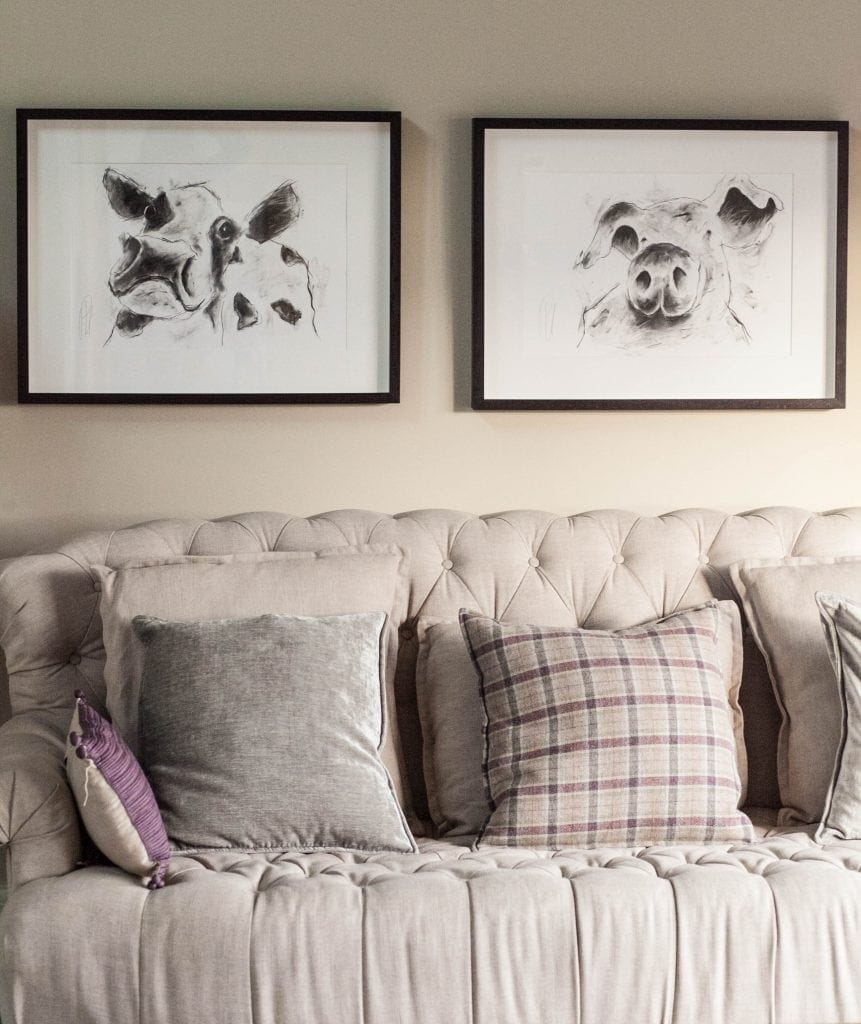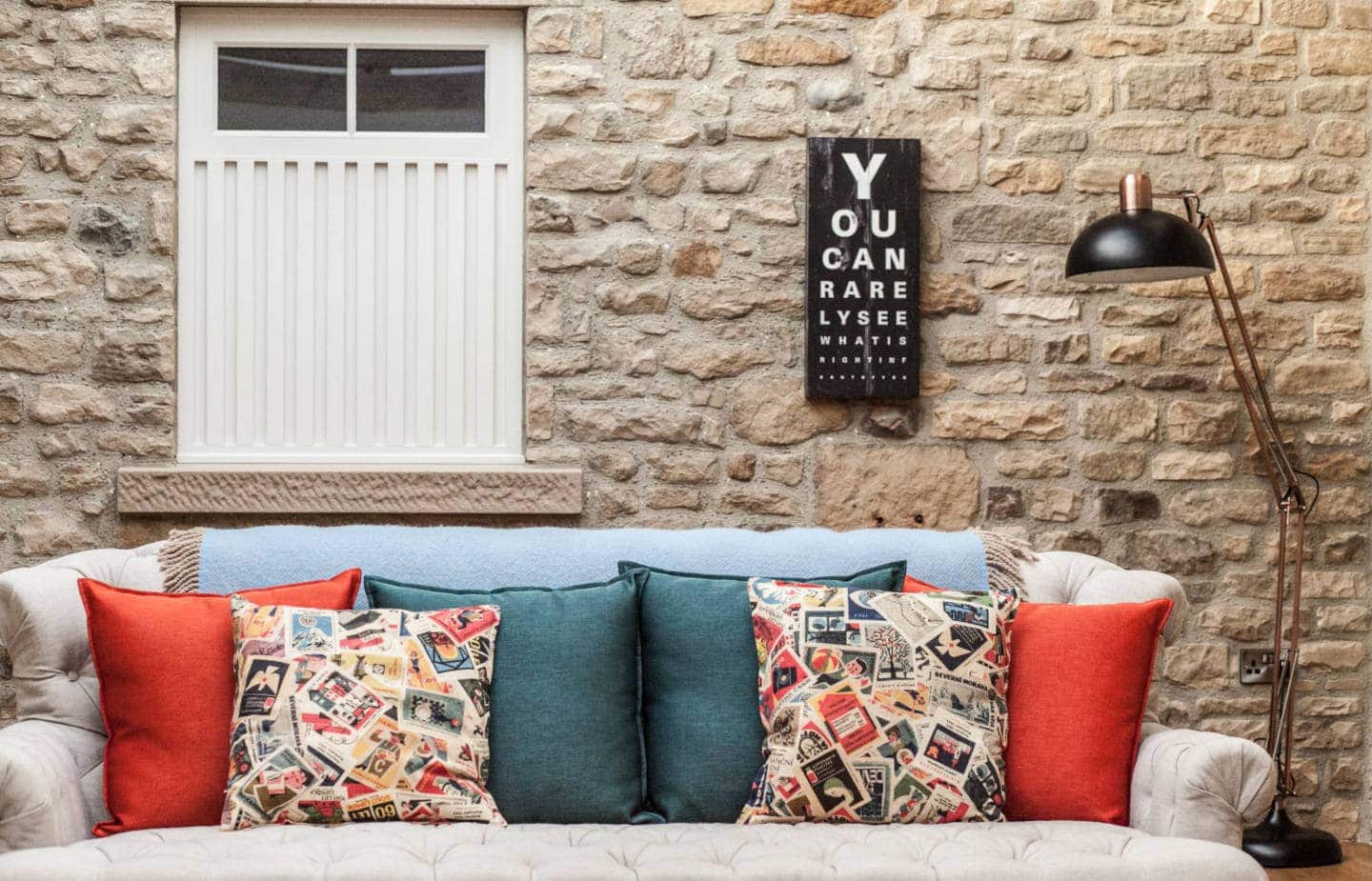AD | I have been or could be if you click on a link in this post compensated via a cash payment, gift or something else of value for writing this post. See our full disclosure policy and privacy policy for more details.
3 Tips On Moving Abroad and Feeling At Home
*NB This is a guest post
According to the most recent UN statistics, over four and a half million Brits live abroad, and there has been a consistent net migration of UK citizens leaving the country since 1991. Encouraged to leave in the search for a better quality of life, 52% of expat Brits are also bullish enough to not bother learning much (or any) of their new home country’s mother tongue.
Whether you know the language or not, moving abroad remains the kind of major life upheaval which can make even the most confident people feel nervous. The best way to restore balance is through making yourself as comfortable as possible throughout the process, and ensuring your new house becomes a home. Here are three ways you can help yourself to feel at home after an international move.
- Decorate
One of the best ways to settle into a new home, regardless of where you’ve moved from, is to decorate it in a way that will make you happy. Creating a little corner of the world that feels familiar is imperative when it comes to feeling comfortable after moving anywhere, especially to an entirely new country. View this as a liberating opportunity, and take the time to make your new home somewhere you look forward to returning to, as well as somewhere you can keep improving as you see fit. However, while you’ll be able to bring some of your possessions to decorate your new home, it’s extremely unlikely you’ll be transferring larger and heavier items, even though they might define your home.
In their guide on international packing tips, moving specialists AnyVan note that “unless an item has strong sentimental ties or justifiable emotional value, it may be wise to source your larger furniture items overseas.” Select items to bring with you from your old home that are useful, meaningful, and appropriately sized, and source your new furniture as you see fit; the Guardian recommends that expats shouldn’t rely too much on modular furniture, however, “or else your place will start to look like it came in a box.”

- Explore
While it’s likely that you will have done your homework before moving, it’s important to get a feel for the city you’ll be be living in. Once your internet is up and running, doing your research on sites like Yelp can give you the best idea of where to find your new favourite café, bar, restaurant or park. What’s more, Google Maps will ensure that you won’t get too lost during your long walks around town, and give you an idea of how to get to your new workplace.
If you don’t know anyone in your new city before moving, this period of exploration can be a great time to start conversations with locals and develop your grasp of the local language. Expatica recommends being “open to all opportunities that may lead to social interactions” (within reason) and suggests finding a local club or communal activity to participate in. Another good resource include sites for expats in the same city to connect with each other; while this may not do much for your language skills, it will be a positive step towards creating a new social circle.

- Establish a routine
Once you know your way around your new city of residence, places will instinctively start becoming your regular haunts. Finding favourite places to eat, drink, shop and wander around can all help you settle into a new routine, and give you something concrete to look forward to once you begin working. However excited you may get about your new surroundings, it is also important not to do too much too quickly.
If you’re moving abroad with children, keeping up a routine is even more important as a way to ensure they settle down quickly to their new surroundings. How you help your children settle obviously depends on their ages, with older children more likely to want to do their own thing. This is where your explorations around your new place of residence and the items from your old home will come in handy as a way to aid the transition process.
So while the move may seem daunting, and there is of course a lot to organise in advance, it will take less effort than you might think to settle into your new country of residence. You’ll soon feel like you’ve been there all along.

1 - Join our Reviews and Recommendations Facebook Group here which includes lots of ideas for things to do - you can post your own recommendations too.
2 - Buy our debut novel for boys and girls ages 7-11 The Little Museum (an exciting adventure set in France)
3 - Click here to leave Mini Travellers a Google Review.
4 - Share this post with your friends
5 - Follow Mini Travellers on the following platforms :
Thank you for your support as always.










Great post. Thanks for sharing.